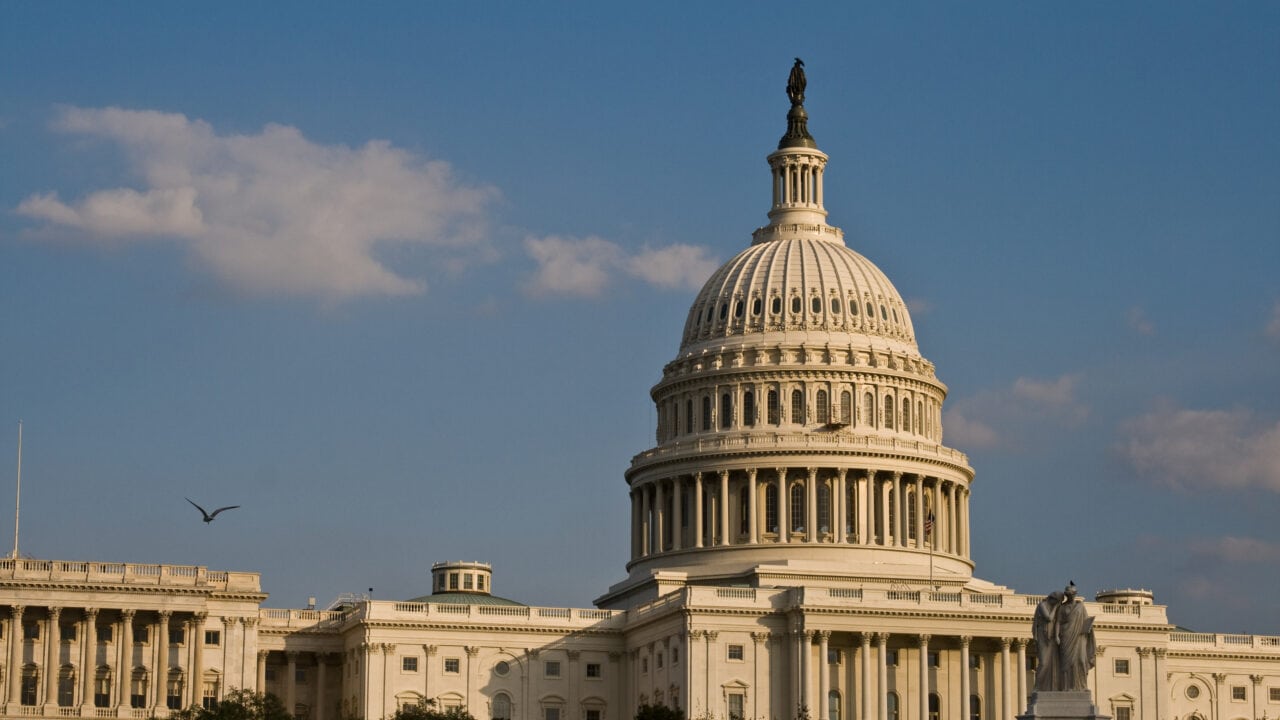 "Capitol Building" by Andrew Malone is licensed under CC BY 2.0. https://flic.kr/p/47FSqx
"Capitol Building" by Andrew Malone is licensed under CC BY 2.0. https://flic.kr/p/47FSqx
A bipartisan coalition of senators intend on introducing the ‘Driving for Opportunity Act of 2023’. The bill would ‘provide grants to States that do not suspend, revoke, or refuse to renew a driver’s license of a person or refuse to renew a registration of a motor vehicle for failure to pay a civil or criminal fine or fee.’
As the bill correctly notes, ‘driving is often required to access jobs and healthcare, take care of family, get groceries, and fulfill other basic responsibilities.’ The suspension of one’s ability to drive would greatly impair their ability to remedy the initial cause for their suspension. How can one be expected to earn an income or attend court if they cannot access a motor vehicle?
To add insult to injury, the unintended consequences of license suspension laws are typically concentrated in rural areas where many do not have access to public transportation. The bill even acknowledges such when it states that in many rural and underdeveloped areas, “driving is often the only realistic means of transportation.”
The Driving For Opportunity Act of 2023 would establish an incentive structure where states that repeal ill-conceived license suspension laws are rewarded for their prudence. While there are obvious grounds upon which someone should have their license suspended, failure to pay a fine or fee is not one of them.
In addition, the grants issued to states could be utilized ‘to cover costs incurred by the State to reinstate or renew driver’s licenses or motor vehicle registrations previously suspended, revoked, or failed to be renewed.’ The benefits outlined in the bill will encourage a greater number of states to begin exploring the repeal of license suspension laws.
When all is said and done, The Driving For Opportunity Act of 2023 is an innovative and responsible approach towards encouraging states to repeal restrictive and counterproductive license suspension laws that not only impede on the basic civil liberties of American citizens but also make it incredibly difficult for those affected by these laws to resolve their outstanding debts.
Sponsors included Senators Coons (D-DE), Grassley (R-IA), Durbin (D-IL), and Wicker (R-MS).

